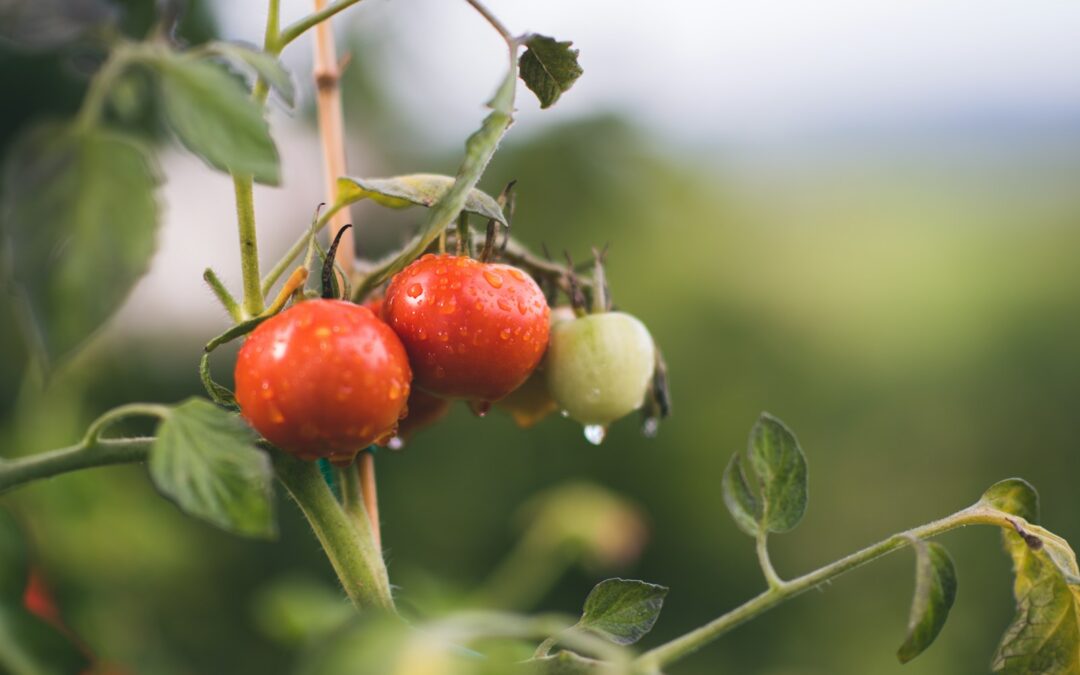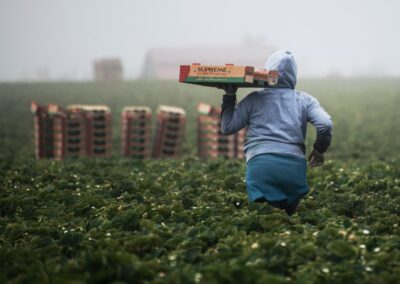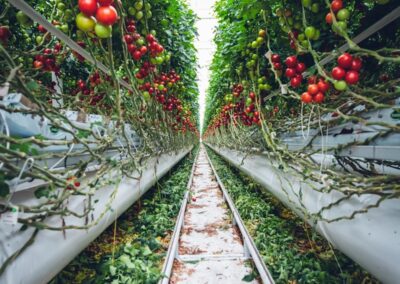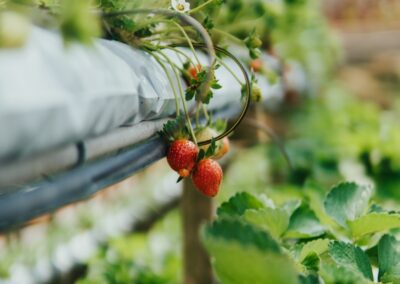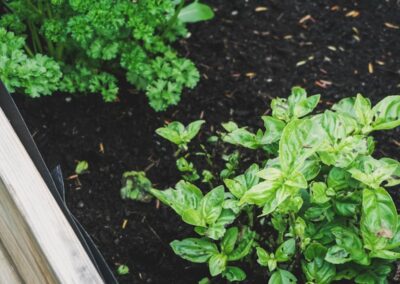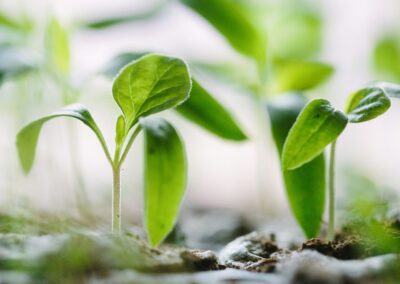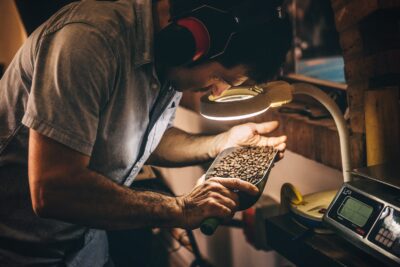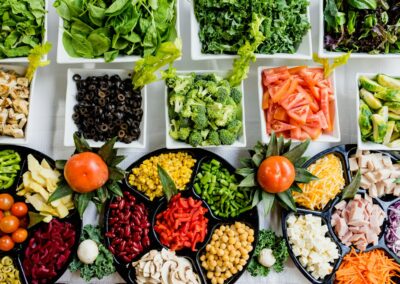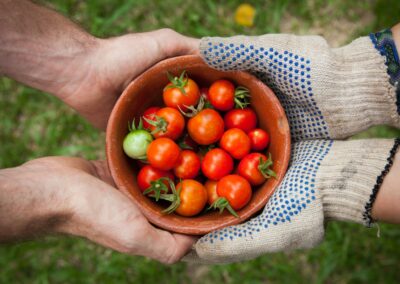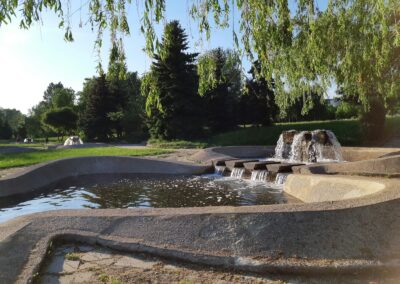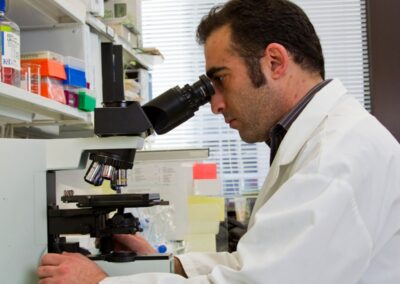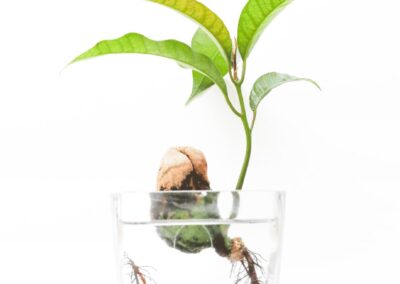Year-Round Production in Controlled Environments
Hydroponics is transforming agriculture by enabling year-round fresh production in controlled environments. This innovative farming method eliminates the need for soil, instead growing plants in nutrient-rich water solutions. By controlling variables such as light, temperature, and humidity, hydroponics maximizes crop yields and quality, making it a critical tool for addressing food security.
In regions like Saudi Arabia and the UAE, where arid climates and limited arable land pose significant agricultural challenges, hydroponics offers a sustainable solution. The controlled environment of hydroponic systems allows for the production of crops regardless of external weather conditions, ensuring a steady supply of fresh produce throughout the year. This is particularly important in urban areas like Riyadh and Dubai, where space is limited and traditional farming is not feasible.
The ability to produce food locally through hydroponics reduces dependence on imports and enhances food security. In Dubai, hydroponic farms are being integrated into urban landscapes, utilizing vertical spaces to grow a variety of crops. This not only ensures a consistent food supply but also reduces the carbon footprint associated with transporting produce from other regions. By adopting hydroponic technology, cities like Dubai can achieve greater self-sufficiency and resilience in their food systems.
Boosting Efficiency with Advanced Technologies
The integration of advanced technologies such as Artificial Intelligence (AI) and the Internet of Things (IoT) further enhances the efficiency and productivity of hydroponic systems. AI algorithms can analyze data from sensors within the hydroponic environment to optimize nutrient delivery, monitor plant health, and predict crop yields. This data-driven approach ensures that plants receive the ideal conditions for growth, leading to higher yields and better resource management.
In Saudi Arabia, hydroponic farms are leveraging AI technology to achieve precise control over growing conditions. Sensors provide real-time data on factors such as light, temperature, and humidity, allowing AI systems to make instant adjustments. This ensures that plants are always in the optimal environment, maximizing productivity and minimizing resource use. The use of IoT devices allows farmers to remotely monitor and control their hydroponic systems, ensuring consistent and efficient operation.
Dubai’s hydroponic farms are also incorporating IoT technology to streamline operations. Automated systems monitor water usage, nutrient levels, and plant growth stages, providing farmers with actionable insights. This technology integration enhances operational efficiency and supports sustainable farming practices by reducing waste and improving resource allocation. The combination of AI and IoT in hydroponics represents a significant step forward in modern agriculture, making it possible to produce more food with fewer resources.
Enhancing Sustainability and Food Security
Hydroponic systems contribute significantly to sustainability and food security, particularly in regions with challenging growing conditions. By using up to 90% less water than traditional soil-based farming, hydroponics conserves this precious resource and reduces the environmental impact of agriculture. This is especially important in arid regions like Saudi Arabia and the UAE, where water scarcity is a critical issue.
The ability to produce crops year-round in controlled environments means that hydroponic farms can provide a steady supply of fresh produce regardless of seasonal changes. This reduces the reliance on imports and enhances local food security. In Dubai, hydroponic farms are being integrated into urban planning initiatives, transforming the cityscape and ensuring that residents have access to fresh, locally grown food. This approach not only supports public health but also promotes economic resilience by creating new business opportunities and jobs in the agricultural sector.
In Riyadh, hydroponic farming is being used to produce a variety of high-value crops such as leafy greens, herbs, and berries. These crops are distributed through local markets and community programs, ensuring that even the most vulnerable populations have access to nutritious food. The focus on sustainability and efficiency in hydroponic systems aligns with Saudi Arabia’s Vision 2030 goals, which emphasize the importance of food security and environmental stewardship.
#Hydroponics #FoodSecurity #YearRoundProduction #ControlledEnvironments #SaudiArabia #UAE #Riyadh #Dubai #ChangeManagement #ExecutiveCoaching #EffectiveCommunication #BusinessSuccess #ManagementConsulting #ArtificialIntelligence #Blockchain #TheMetaverse #GenerativeAI #LeadershipSkills #ManagementSkills #ProjectManagement

